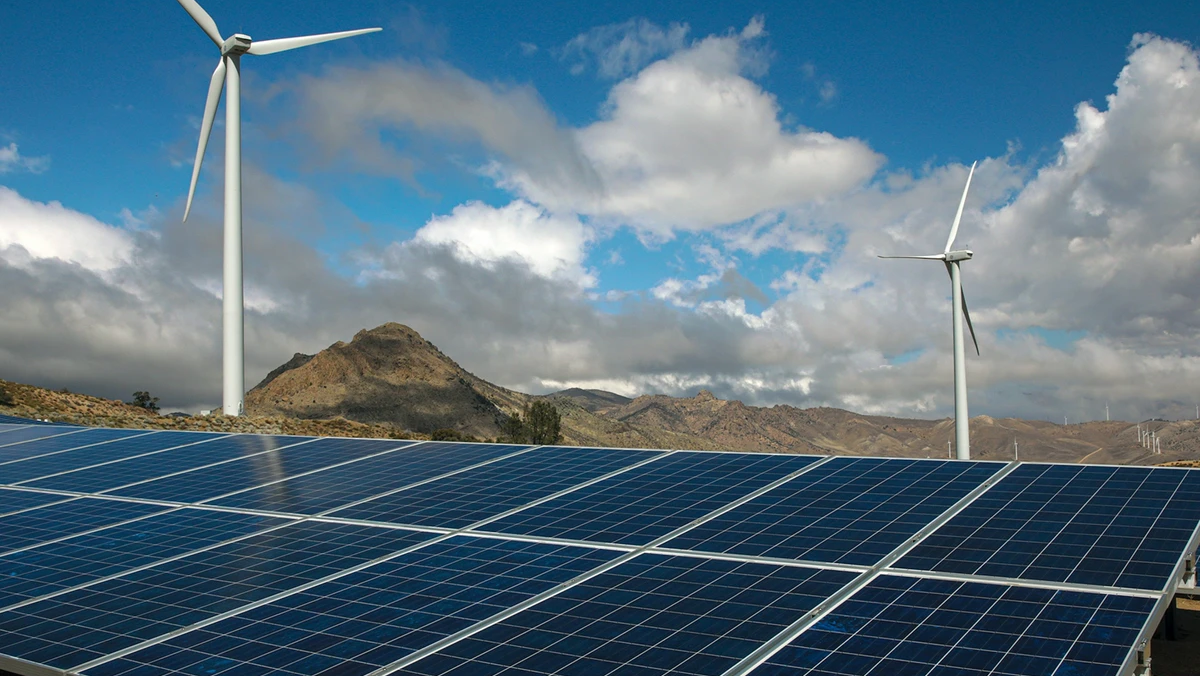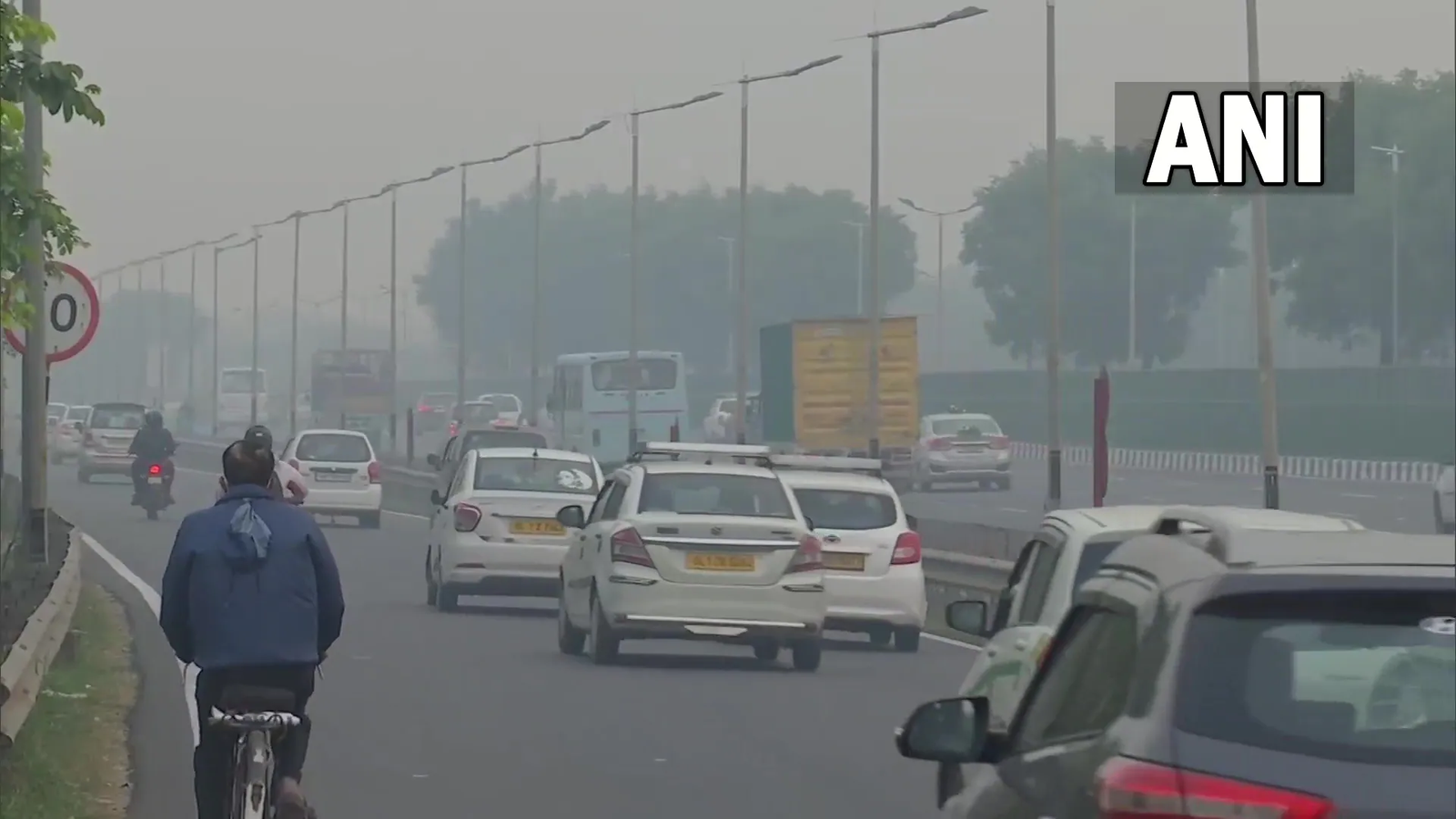Now Reading: Global Energy Use in 2025: 7 Powerful Trends You Should Know
-
01
Global Energy Use in 2025: 7 Powerful Trends You Should Know
Global Energy Use in 2025: 7 Powerful Trends You Should Know

Table of Contents
Global Energy use is something most of us don’t think about every day. We turn on the lights, charge our phones, or run appliances without wondering where that power comes from. But behind every switch and socket is a growing global demand for energy that affects the environment, economy, and even international politics. In this article, we’ll break down the latest trends in energy use, why they matter, and how individuals and businesses can make smarter choices for the future.
What Is Energy Use?
Global Energy use refers to the amount of energy consumed to perform tasks like lighting, heating, transportation, manufacturing, and more. It comes from various sources including fossil fuels (coal, oil, natural gas), renewable energy (solar, wind, hydropower), and nuclear power. The global demand for energy is growing every year as populations rise and economies expand.
According to the International Energy Agency (IEA), global energy demand increased by about 2% in 2023. Much of this growth came from developing nations as they build more infrastructure and improve living standards.
Why Is Energy Use Increasing?
There are several reasons behind the rising Global Energy demand:
- Population Growth: More people means more homes, cars, schools, and hospitals—each requiring energy.
- Urbanization: As people move to cities, energy demand increases due to more construction, transportation, and technology use.
- Economic Development: Developing countries are investing in industries and services, which need large amounts of energy.
- Technology: Digital devices, data centers, and electric vehicles all require energy to operate.
In India and China, for example, rapid economic development has significantly increased their energy consumption over the past decade. At the same time, wealthier nations are also consuming more electricity due to new technologies such as electric cars and smart home systems.
Impact on the Environment
One of the biggest concerns with increasing Global Energy use is its environmental impact. Most of the world still relies heavily on fossil fuels. These energy sources release greenhouse gases like carbon dioxide (CO2), which contribute to global warming and climate change.
In 2023, Global Energy -related carbon emissions reached a record high. According to climate scientists, if we don’t reduce our dependence on fossil fuels, we could see more extreme weather, rising sea levels, and food and water shortages.
However, there is good news too. Renewable energy is growing fast. In 2024, more than 30% of global electricity came from renewable sources, a big jump from a decade ago. Countries like Germany, Denmark, and India are leading the way in solar and wind energy production.
How Energy Use Affects You
Even if you’re not an environmentalist or policy maker, energy use affects your life in many ways:
- Electricity Bills: Higher energy demand can lead to rising utility prices.
- Air Quality: Burning coal and oil releases pollutants that harm human health.
- Product Prices: The cost of energy affects the price of goods, from food to electronics.
- Job Opportunities: The clean energy sector is creating new jobs in solar panel installation, wind turbine maintenance, and energy efficiency.
Understanding how and where energy is used can help you make better decisions in your daily life—like choosing energy-efficient appliances or supporting clean energy policies.
Energy Use by Sector
Global Energy use can be divided into three main sectors:
- Residential: Homes use energy for lighting, heating, cooling, and electronics.
- Industrial: Factories use large amounts of energy for manufacturing, mining, and construction.
- Transportation: Cars, trucks, airplanes, and ships are major energy consumers.
In most countries, the industrial sector uses the most energy, followed by transportation and residential use. However, with more people working from home and using electronic devices, household energy use is also growing.
The Push for Energy Efficiency
Improving Global Energy efficiency is one of the best ways to reduce overall energy use without giving up comfort or productivity. Energy-efficient technologies use less energy to perform the same task. For example:
- LED bulbs use up to 80% less energy than regular bulbs.
- Energy Star-rated appliances save electricity and lower monthly bills.
- Electric cars convert energy into motion more efficiently than gas-powered vehicles.
Governments around the world are also introducing energy-efficiency standards and incentives. In some countries, homeowners receive tax credits for installing solar panels or upgrading insulation.
Smart Energy Choices for the Future
If we want a clean and sustainable future, both individuals and businesses must take steps to use energy more wisely. Here are a few practical ways to reduce energy use:
- Turn off lights and appliances when not in use.
- Use smart thermostats to reduce heating and cooling costs.
- Invest in energy-efficient home improvements like insulation and double-pane windows.
- Consider renewable energy options like rooftop solar panels.
- Support companies and brands that focus on sustainability.
On a larger scale, Global Energy governments and industries must invest in cleaner energy sources, modern power grids, and energy storage systems. Switching from coal to renewable energy not only helps the planet but also provides long-term economic benefits.
Final Thoughts
Global Energy use is more than just a technical issue it’s a personal, environmental, and global concern. As the world’s population and technology grow, so will our need for energy. The challenge is to meet that need without destroying the planet. Luckily, with smarter choices, modern technology, and global cooperation, we can move toward a future that’s both energy-rich and eco-friendly.
Stay informed, make conscious choices, and remember: every switch you flip and every device you use has an impact.
Read More:- Deyaar’s Latest Announcement Shakes Up the UAE Property Market






















